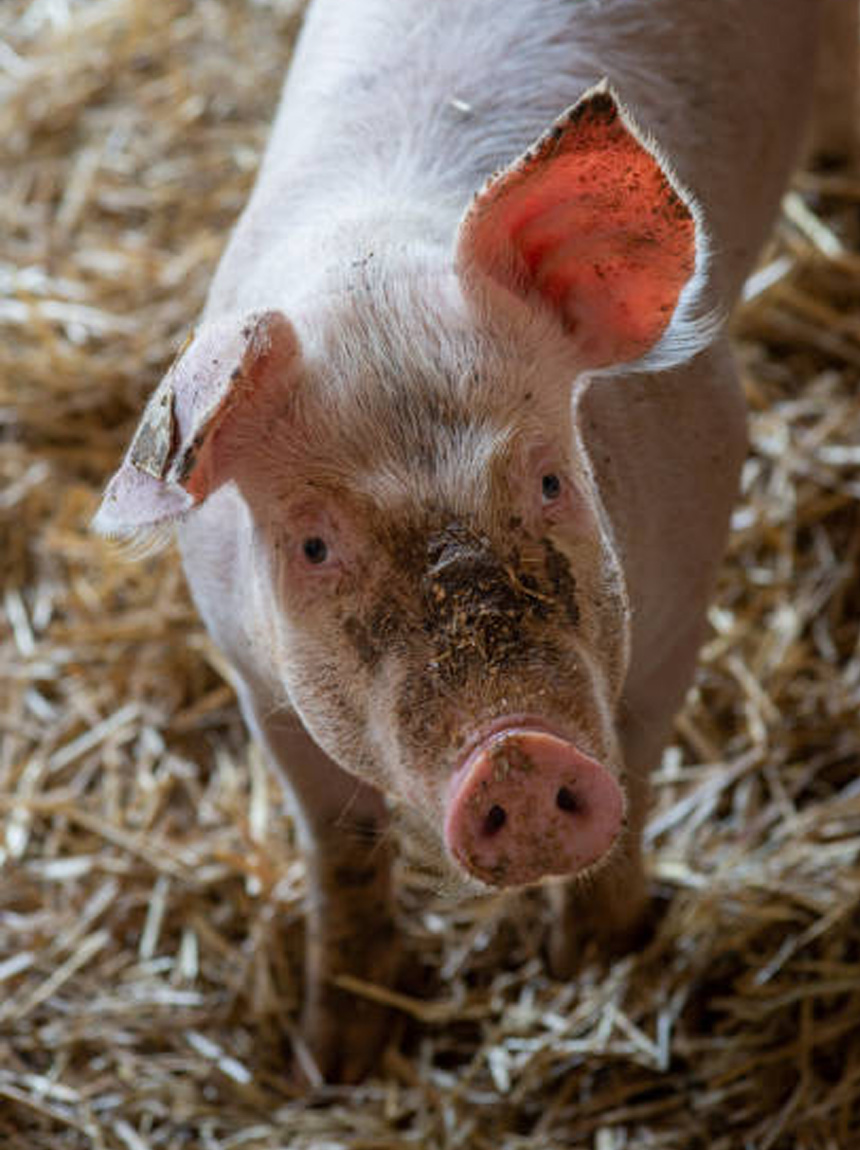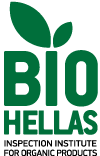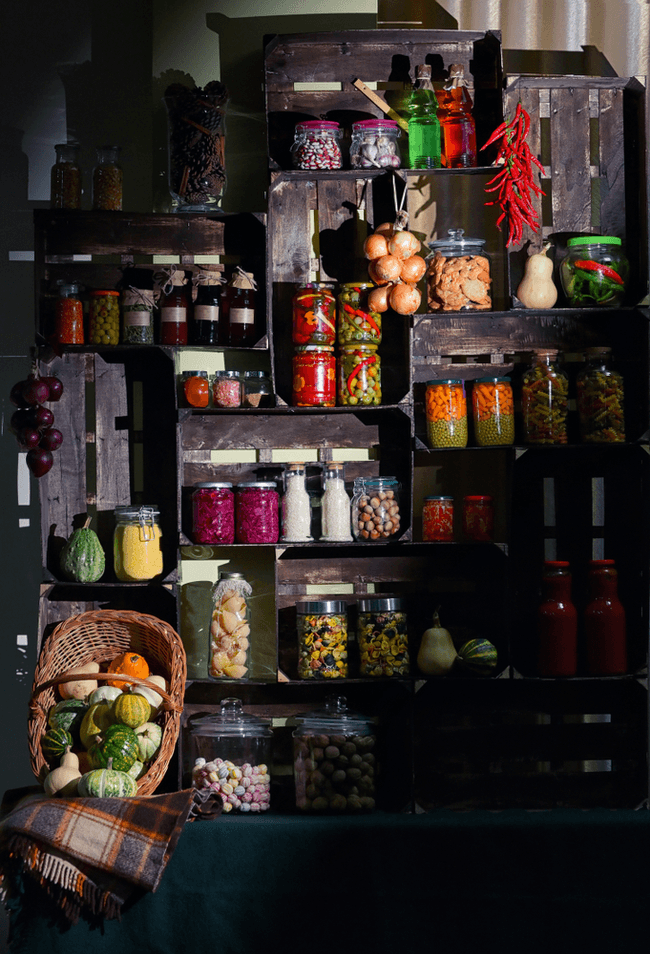Which products are organic?

The term “organic” applies to products produced in accordance with strict specifications set forth in European legislation European legislation governing their production, processing, and marketing. Organizations (such as BIOHELLAS) monitor compliance with organic product specifications by controlling and certifying organic products. An organization approved to control and certify a product carrying organic production indications must monitor its manufacturing process throughout.
According to the European legislation, the products that may bear the certification of organic production methods, are the following:
- Live or unprocessed agricultural products (fruit, vegetables, honey, energy plants e.g. sunflowers, eggs, meat, live animals, etc.),
- Processed agricultural products for use as food (e.g. bread, jam, margarine, cheese, olive oil, etc.),
- Animal feed (hay, cereal grain, etc.),
- Plant propagating material (seeds, seedlings, etc.),
- Fish farming products,
- Seaweed.
Other products…
…covered by Article 2, Paragraph 1, Regulation (EU) 848/2018 include:
- Yeast used for food or feed,
- Pâté, sweet corn, vine leaves, palm hearts, hop shoots and other similar edible parts of plants and products derived from them,
- Sea salt and other salts for food and feed,
- Suitable for unwinding silkworm fibers,
- Natural gums and resins
- Beeswax
- Essences
- Natural cork stoppers, not agglomerated, and without any binding substance
- Cotton, not carded or combed
- Wool, not carded or combed
- Skins and leather that have not been treated
- Traditional herbal preparations of plant origin.


There are two categories of organic products:
- Organic Farming Products in Conversion: these products are produced on plots of land “under conversion to organic farming” and are of plant origin only. The principles of organic farming are followed in these plots for at least one year, ensuring that the end product is free of pesticide residues.
- Organic farming products: once the field or herd has passed the conversion stage – in the case of plant products – it takes at least 2 years (for crops with a biological cycle of 1 year) or 3 years (for perennial crops) for products to be produced. As far as animal products are concerned, this period is 6 weeks for eggs, 10 weeks for chicken, and 6 months for milk and meat.
Processed products fall under both of the above categories of organic products. More specifically, organic farming products consist of processed products that contain at least 95% organic farm ingredients. In conversion, there is one ingredient used for converting organic farming products.
Organic products can only be processed using additives, auxiliaries, and conventional ingredients if their use is permitted by the European legislation.
In regards to processed products, the European Regulation (EU) 2018/848 allows for the production of conventional foods from certain organic raw materials. In this case, the list of ingredients should clearly state what the naturally occurring ingredient is and at what percentage it is contained. However, such products cannot be referred to or branded as organic food.
In addition, private standards have been developed that can be used to certify organic products and services (e.g. cosmetics and mass catering) which do not comply with European legislation governing the production and marketing of organic products (i.e. BIOKOUZINA or Natrue).




